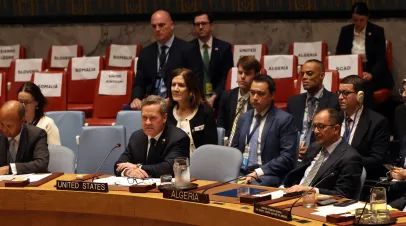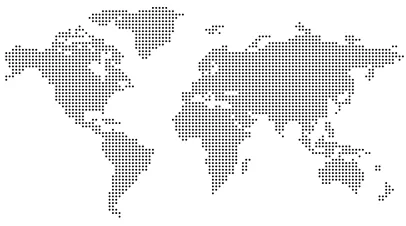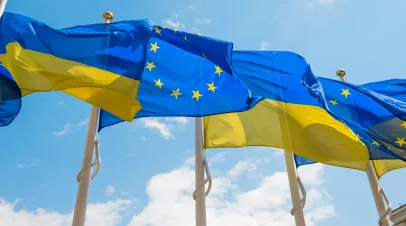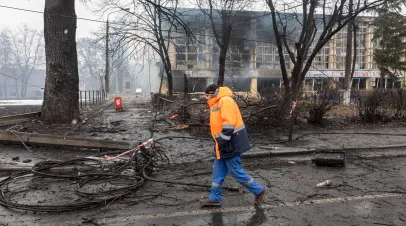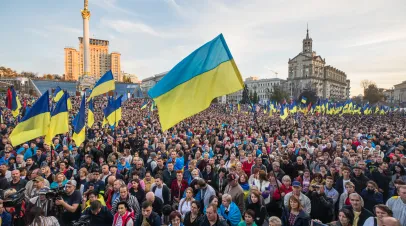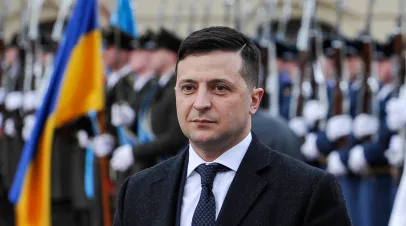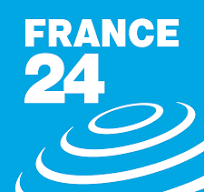Olena Prokopenko
Senior FellowOlena Prokopenko is a senior fellow at GMF. She formerly managed Eastern Neighborhood programs at the European Endowment for Democracy in Brussels and served as a development adviser at the Danish embassy in Kyiv.
Prokopenko previously chaired international relations at RPR Coalition, Ukraine’s largest civil society platform, and advised Ukraine’s finance minister on donor relations. She served as a civil society expert for the UN Development Programme and the Council of Europe, and worked as a government relations manager at Hill+Knowlton Strategies.
Prokopenko is a co-founder of the Transatlantic Task Force for Ukraine and a government relations trainer at the Kyiv School of Economics. Her analysis of Russia’s war in Ukraine and Ukraine’s reform progress is regularly featured intop international media, including the BBC, Bloomberg, MSNBC, Al Jazeera, TIME magazine, Newsweek, and Le Monde.
Prokopenko is a lawyer by training and an alumna of the US State Department’s Edmund S. Muskie Graduate Fellowship Program. She holds a master’s degree in political science from Western Illinois University.
Media Mentions
Featured Work



